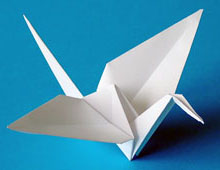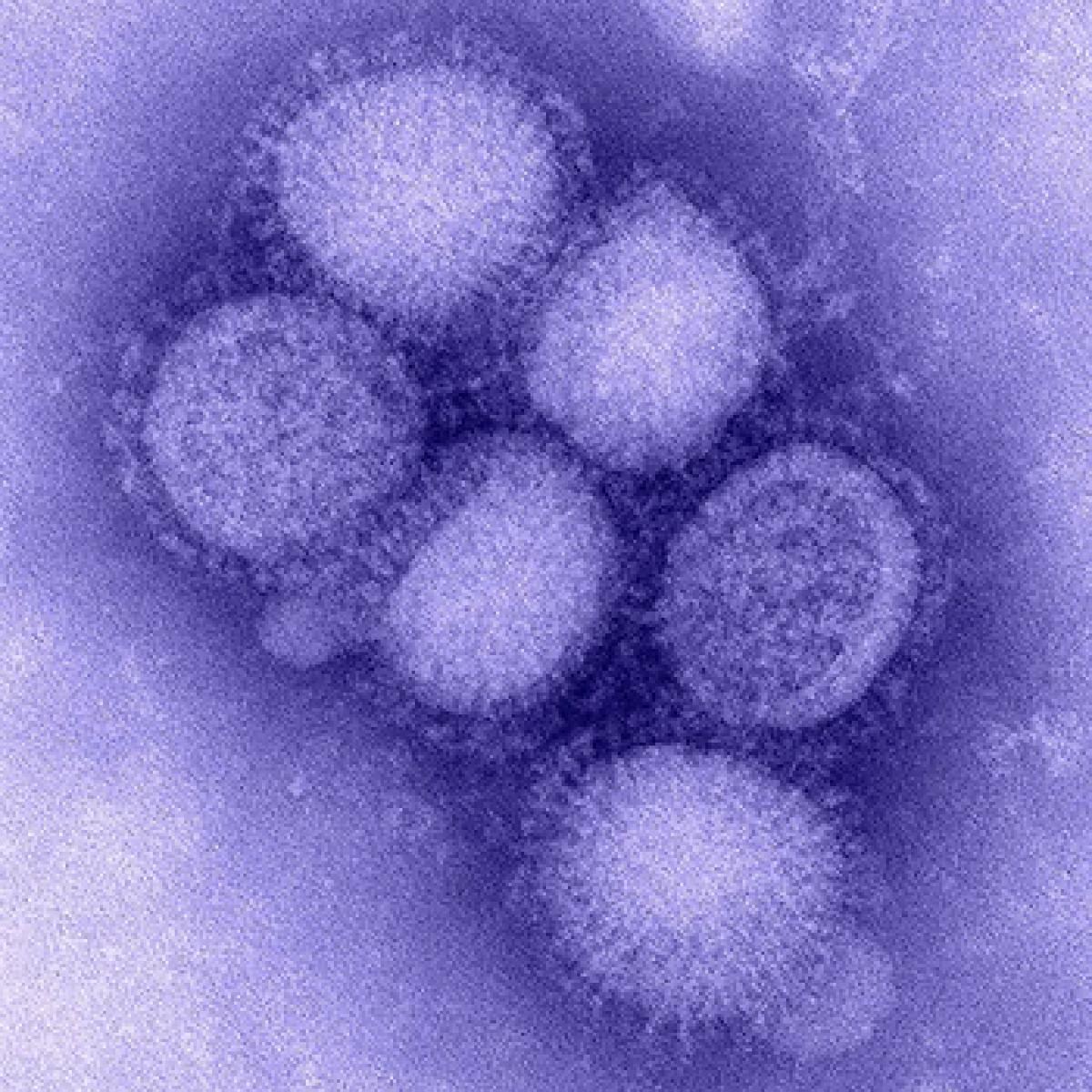Protein Folding
Just like every person has their own unique characteristics (hair, eyes, smile), different kinds of proteins have their own unique features and 3-dimensional shape.
Not only do proteins look different, they also do different things. Some help move things around in the body, some are like support structures and glue to hold things together, some act like doors letting things in and out of the cell, and some make reactions go faster.
Proteins are made up of lots of little building blocks called amino acids. The exact 3-D shape of the protein depends which amino acids it’s made of and how they’re put together. When a protein bends and twists to form its 3-D shape, this is called protein folding.
Make your own paper protein channel
How would you like to see these 3D microscopic molecules work up close? So close that you could hold them in your hand? This activity will let you do exactly that! The protein model we will make is a channel type. It works like a doorway to the cell, letting other molecules in and out depending on what the cell needs.
The finished model is a channel that can change shape to be either open or closed, just like the protein channels in your cells. It has instructions for building 8 amino acid subunits that can then be connected to make a paper protein channel.
The Art of Paper Folding
Have you ever been sitting at your desk and out of nowhere a paper airplane swoops right past you, gliding clear across the room? Well, that paper airplane isn't just a paper plane — it's origami (or-e-gam-e).
Taken from the Japanese language, ori meaning “folding”, and gami meaning “paper”. Origami uses a sheet of paper to make paper sculptures by folding and bending it, without either cutting or gluing the paper. This art form has been practiced in Japan since the 1600's. In the 1900's it became popular outside of Japan and is used world-wide to create art sculptures in simple to very complex shapes. A paper airplane is just one many examples of origami. Besides the airplane, there are thousands of shapes and sculptures that can be made. Perhaps you've seen some of the more well known shapes such as the boat, star, crane, frog and fortune teller. In this activity, you will learn how to make a protein channel model using origami. Like origami sculptures, the proteins in your body must be folded just the right way to work correctly.
A paper airplane is just one many examples of origami. Besides the airplane, there are thousands of shapes and sculptures that can be made. Perhaps you've seen some of the more well known shapes such as the boat, star, crane, frog and fortune teller. In this activity, you will learn how to make a protein channel model using origami. Like origami sculptures, the proteins in your body must be folded just the right way to work correctly.
References:
Original origami design by Florence Temko
PyMol. (May 8, 2007). GCSF Protein Folding Illustration Movie. Retrieved December 28, 2012 from http://www.youtube.com/watch?v=swEc_sUVz5I
Read more about: Venom!
Bibliographic details:
- Article: Protein Folding
- Author(s): Dr. Biology
- Publisher: Arizona State University School of Life Sciences Ask A Biologist
- Site name: ASU - Ask A Biologist
- Date published: 24 Sep, 2012
- Date accessed:
- Link: https://askabiologist.asu.edu/venom/protein-folding
APA Style
Dr. Biology. (Mon, 09/24/2012 - 12:46). Protein Folding. ASU - Ask A Biologist. Retrieved from https://askabiologist.asu.edu/venom/protein-folding
Chicago Manual of Style
Dr. Biology. "Protein Folding". ASU - Ask A Biologist. 24 Sep 2012. https://askabiologist.asu.edu/venom/protein-folding
Dr. Biology. "Protein Folding". ASU - Ask A Biologist. 24 Sep 2012. ASU - Ask A Biologist, Web. https://askabiologist.asu.edu/venom/protein-folding
MLA 2017 Style
Be Part of
Ask A Biologist
By volunteering, or simply sending us feedback on the site. Scientists, teachers, writers, illustrators, and translators are all important to the program. If you are interested in helping with the website we have a Volunteers page to get the process started.



